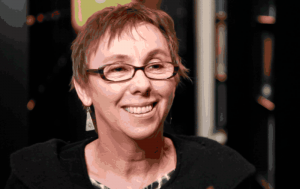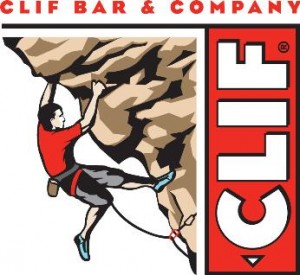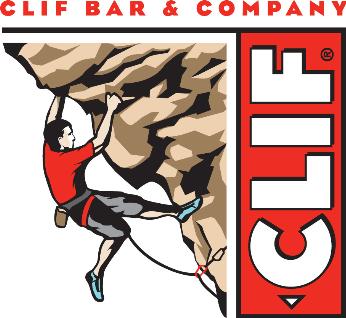This past Friday, as part of the Sustainable Business Fridays series, the Bard MBA in Sustainability program was joined by Elysa Hammond. Hammond is Director of Environmental Stewardship at Clif Bar, and she joined us to discuss the company’s quintuple bottom line strategy. Since 1992, Clif Bar has concentrated on making food bars that are not only loved by consumers, but also have a positive impact on the world.
From our conversation, it was obvious that Clif Bar has a true focus on sustainability and social responsibility. Hammond explained that when she joined Clif Bar as the Director of Environmental Stewardship, she defined sustainability in terms of “ecological sustainability”. Gary Erickson, founder of the company, had a slightly different definition. Erickson told her that sustainability is about “sustaining control of your company”, and indeed, that is what he has done.
 100% privately held, Clif Bar has been free to continually change and re-imagine their practices in order to create the most benefit for people and the planet. One example of this is the implementation of the five aspirations, or quintuple bottom line. Hammond explained that this means sustaining business, brand, people, planet, and community. This is a play off of the increasingly popular idea of the “triple bottom line”: people, planet, and profit. I noticed that profit was mentioned nowhere in Clif Bar’s quintuple bottom line. Rather, the Clif Bar has a more holistic approach to operations by focusing on “sustaining business”. On their website, they explain that this means, “Grow slower, grow better and stick around longer”. The “grow slower” part of this statement may seem contrary to traditional business practices, but founder Gary Erickson and Elysa Hammond would probably argue that this is one of the most important focuses of the company.
100% privately held, Clif Bar has been free to continually change and re-imagine their practices in order to create the most benefit for people and the planet. One example of this is the implementation of the five aspirations, or quintuple bottom line. Hammond explained that this means sustaining business, brand, people, planet, and community. This is a play off of the increasingly popular idea of the “triple bottom line”: people, planet, and profit. I noticed that profit was mentioned nowhere in Clif Bar’s quintuple bottom line. Rather, the Clif Bar has a more holistic approach to operations by focusing on “sustaining business”. On their website, they explain that this means, “Grow slower, grow better and stick around longer”. The “grow slower” part of this statement may seem contrary to traditional business practices, but founder Gary Erickson and Elysa Hammond would probably argue that this is one of the most important focuses of the company.
In addition to an emphasis on sustaining business and brand, another unique aspect of this company is their true emphasis on supporting a sustainable food system. Not only have their products been completely organic since 2002, they also have myriad of projects that support education around sustainable agriculture. For example, they are currently funding many graduate level research projects that study the preservation and development of seeds. It is evident from the ingredients that they use in their products to the ways they invest their money that Clif Bar is truly dedicated to a building a more sustainable food system.
At the end of the conversation, Hammond imparted us with one last philosophy. “Think like a tree”, she says. Just like a tree, the goal of any company should be to have supply chain that runs on renewable energy, creates zero waste, and grows in order to sustain our surroundings. By following this mantra, we build resiliency into our systems. Clif Bar has obviously internalized this motto and has created a unique business model that, if widely replicated, could revolutionize our current economic system.
Check out how Clif Bar in reinventing philanthropy and investment here.
Listen to a recording of this conversation here.
Join us for the next conversation in our Sustainable Business Fridays series on Friday October 25th at 12:00PM. We’ll be speaking with Tamra Ryan, CEO, The Women’s Bean Project, a social enterprise in Denver that employs impoverished and unemployed women in transitional jobs in the gourmet food, jewelry and manufacturing industries.
Photo credits: Clif Bar & Company http://upload.wikimedia.org/wikipedia/en/2/26/Clifbarlogo3.jpg
By, Christina Wildt, MS/MBA ’16
